publications
2023
-
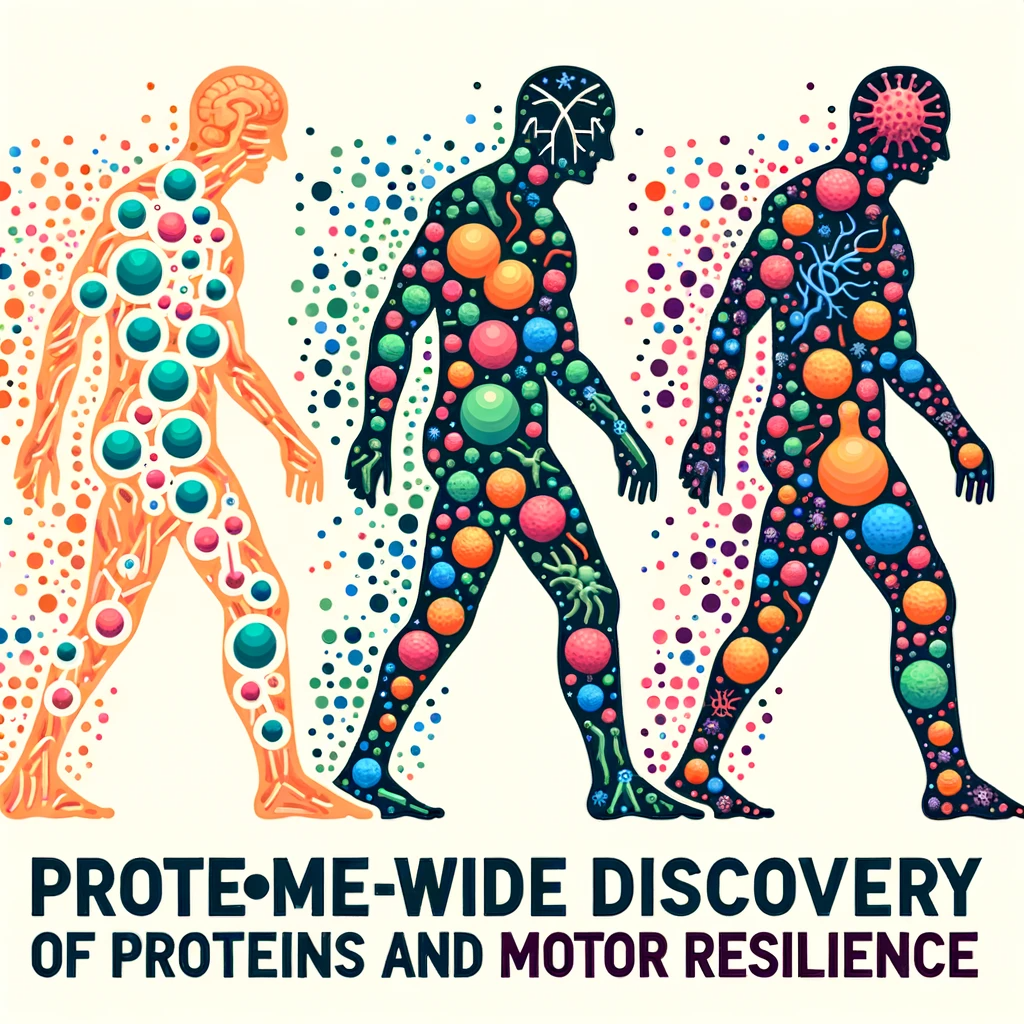 Proteome-wide discovery of cortical proteins that may provide motor resilience to offset the negative effects of pathologies in older adultsThe Journals of Gerontology: Series A, 2023Proteome
Proteome-wide discovery of cortical proteins that may provide motor resilience to offset the negative effects of pathologies in older adultsThe Journals of Gerontology: Series A, 2023Proteome -
 Estrogen receptor genes, cognitive decline, and Alzheimer diseaseNeurology, 2023Transcriptome
Estrogen receptor genes, cognitive decline, and Alzheimer diseaseNeurology, 2023Transcriptome -
 How far are we from personalized gene expression prediction using sequence-to-expression deep neural networks?bioRxiv, 2023GenomeTranscriptome
How far are we from personalized gene expression prediction using sequence-to-expression deep neural networks?bioRxiv, 2023GenomeTranscriptome -
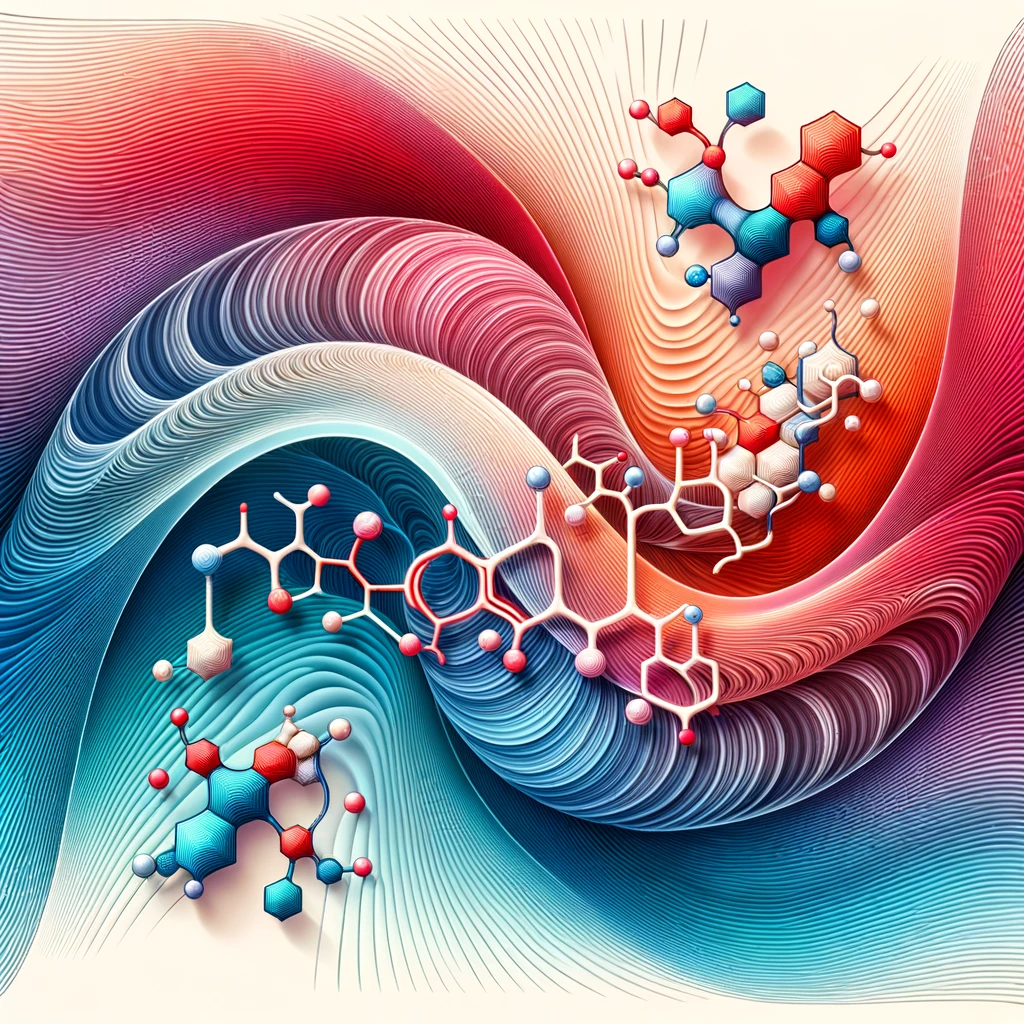 The associations of VGF with neuropathologies and cognitive health in older adultsAnnals of Neurology, 2023Proteome
The associations of VGF with neuropathologies and cognitive health in older adultsAnnals of Neurology, 2023Proteome -
 Polygenic Risk Associated with Alzheimer’s Disease and Other Traits Influences Genes Involved in T Cell Signaling and ActivationbioRxiv, 2023GenomeTranscriptome
Polygenic Risk Associated with Alzheimer’s Disease and Other Traits Influences Genes Involved in T Cell Signaling and ActivationbioRxiv, 2023GenomeTranscriptome -
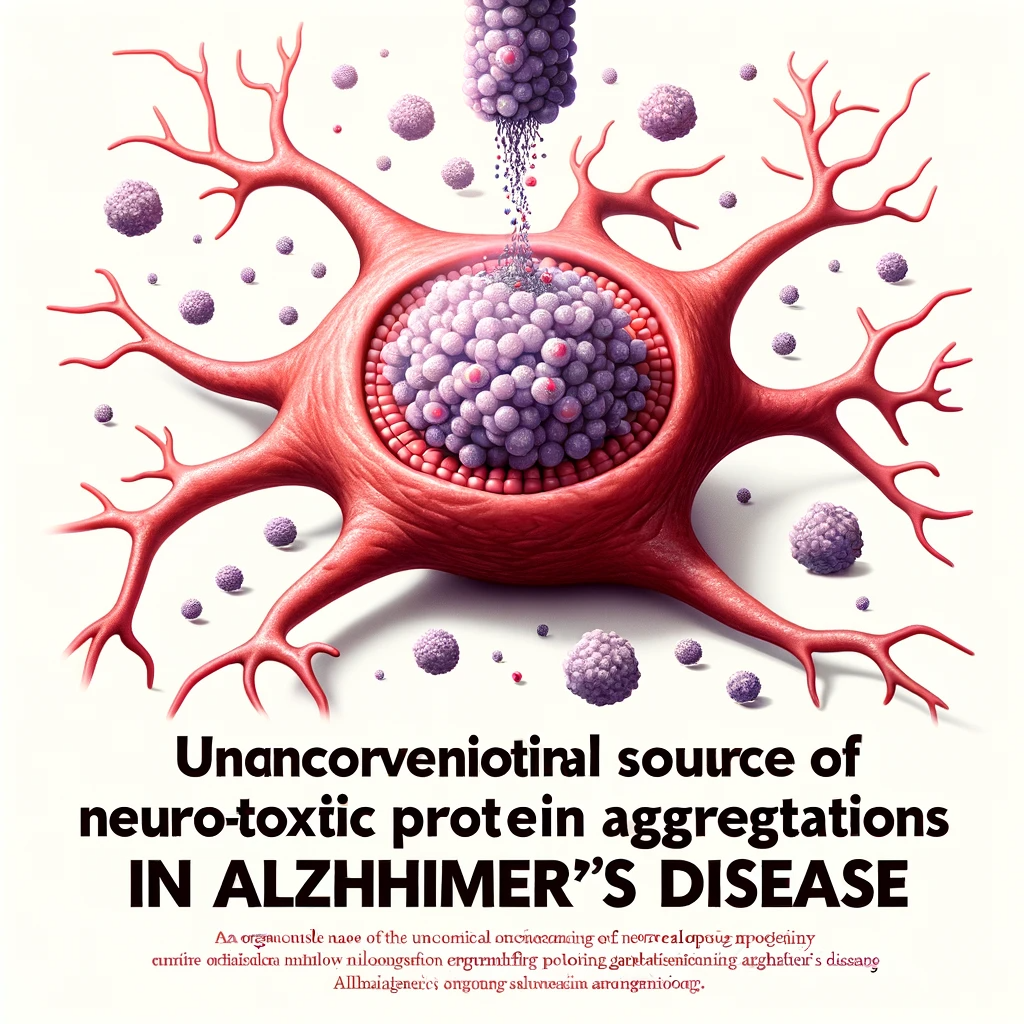 Unconventional Source of Neurotoxic Protein Aggregation from Organelle Off-Target Bax∆ 2 in Alzheimer’s DiseaseBiomolecules, 2023Transcriptome
Unconventional Source of Neurotoxic Protein Aggregation from Organelle Off-Target Bax∆ 2 in Alzheimer’s DiseaseBiomolecules, 2023Transcriptome -
 The MIND diet, brain transcriptomic alterations, and dementiamedRxiv, 2023GenomeTranscriptome
The MIND diet, brain transcriptomic alterations, and dementiamedRxiv, 2023GenomeTranscriptome -
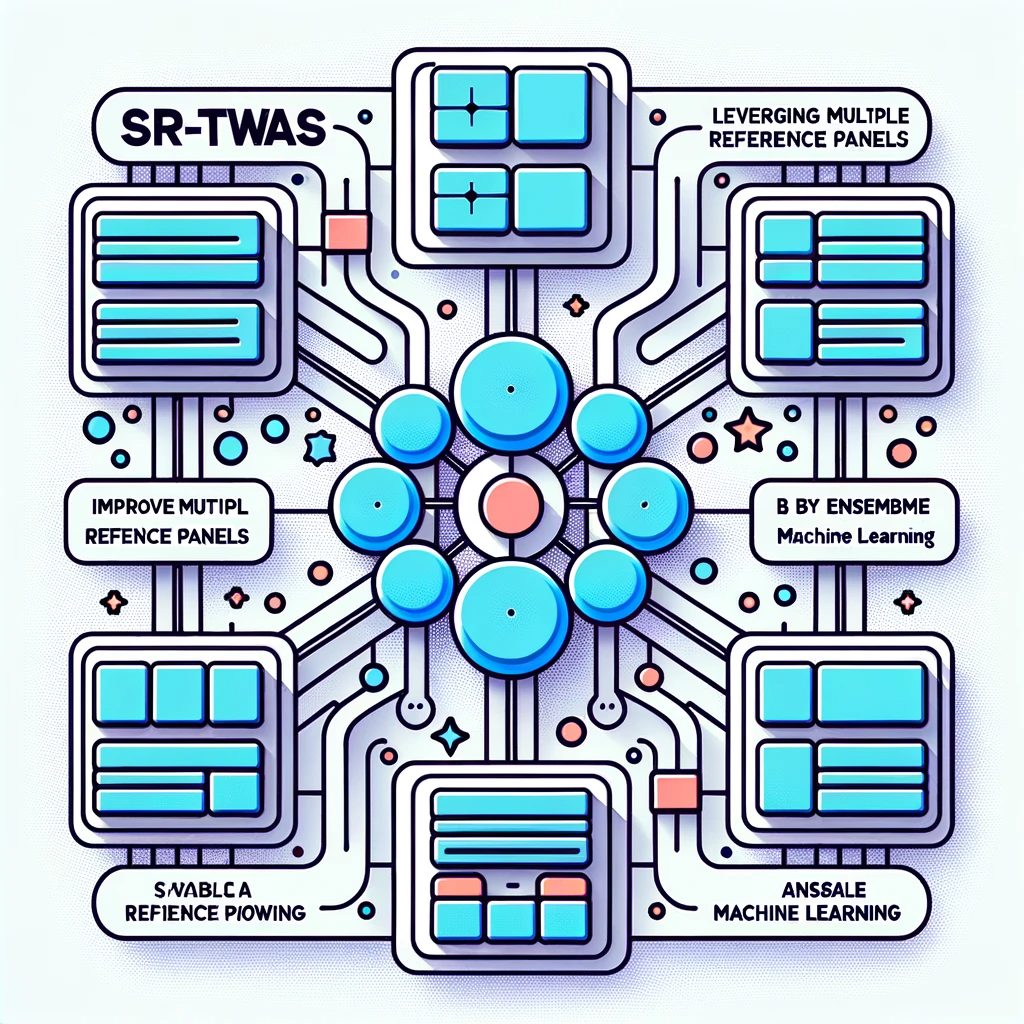 SR-TWAS: Leveraging Multiple Reference Panels to Improve TWAS Power by Ensemble Machine LearningmedRxiv, 2023GenomeTranscriptome
SR-TWAS: Leveraging Multiple Reference Panels to Improve TWAS Power by Ensemble Machine LearningmedRxiv, 2023GenomeTranscriptome -
 A Molecular Basis of Human Brain ConnectivitybioRxiv, 2023GenomeTranscriptomeProteome
A Molecular Basis of Human Brain ConnectivitybioRxiv, 2023GenomeTranscriptomeProteome -
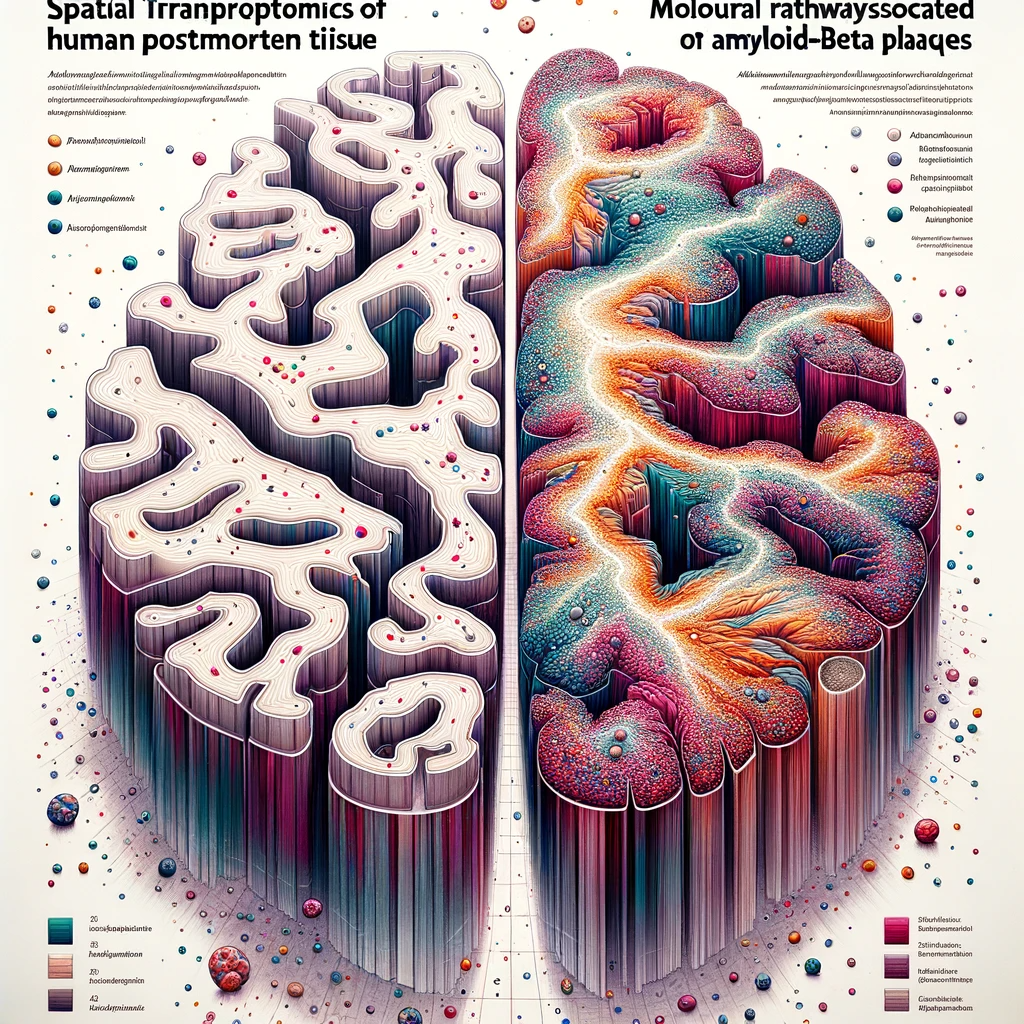 Spatial Transcriptomics of Human Postmortem Brain Tissue Uncovers Molecular Pathways Associated with Amyloid-Beta PlaquesIn Alzheimer’s Association International Conference, 2023Transcriptome
Spatial Transcriptomics of Human Postmortem Brain Tissue Uncovers Molecular Pathways Associated with Amyloid-Beta PlaquesIn Alzheimer’s Association International Conference, 2023Transcriptome -
 Explainable deep learning approach for extracting cognitive features from hand-drawn images of intersecting pentagonsNPJ Digital Medicine, 2023
Explainable deep learning approach for extracting cognitive features from hand-drawn images of intersecting pentagonsNPJ Digital Medicine, 2023 -
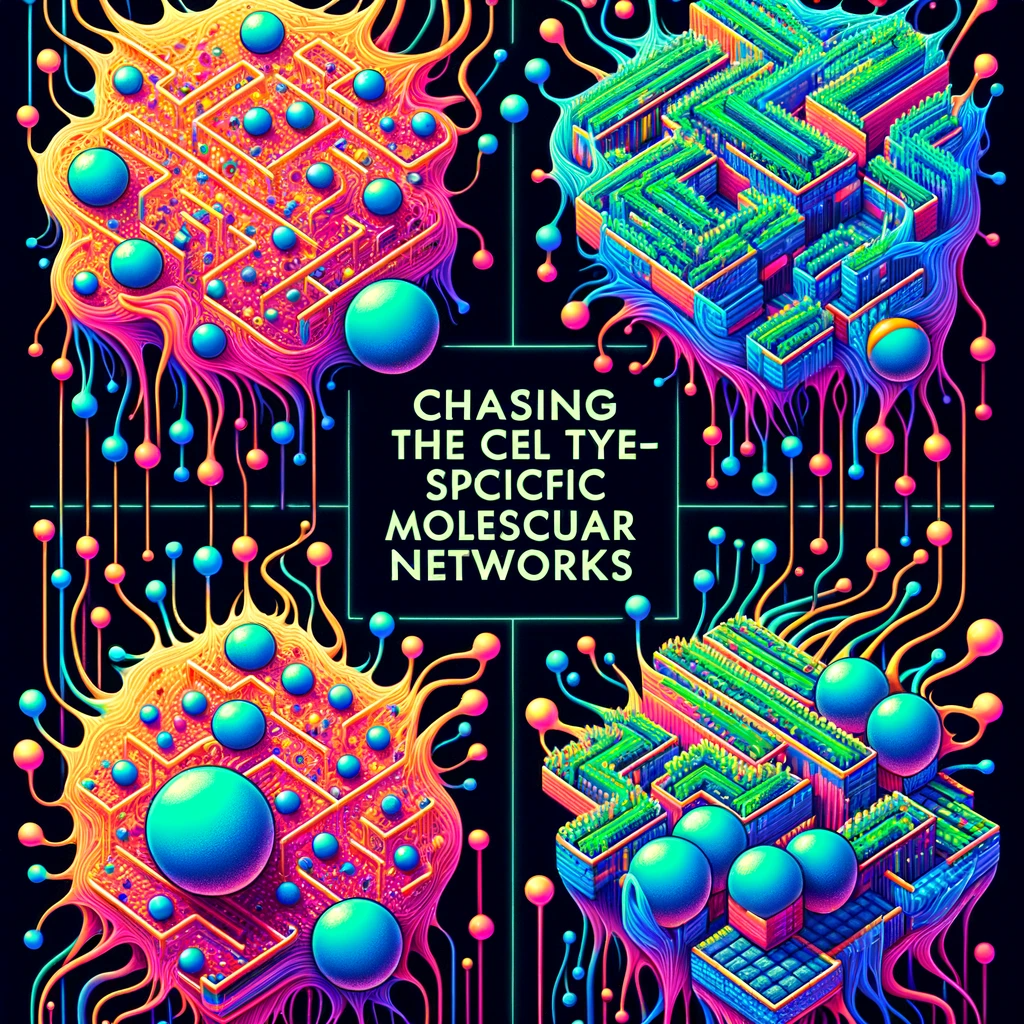 Chasing the cell type-specific molecular networks involved in Alzheimer’s DiseaseIn Alzheimer’s Association International Conference, 2023Transcriptome
Chasing the cell type-specific molecular networks involved in Alzheimer’s DiseaseIn Alzheimer’s Association International Conference, 2023Transcriptome -
 Investigating the role of structural variants in Alzheimer’s Disease and AD-Related traitsIn Alzheimer’s Association International Conference, 2023Genome
Investigating the role of structural variants in Alzheimer’s Disease and AD-Related traitsIn Alzheimer’s Association International Conference, 2023Genome -
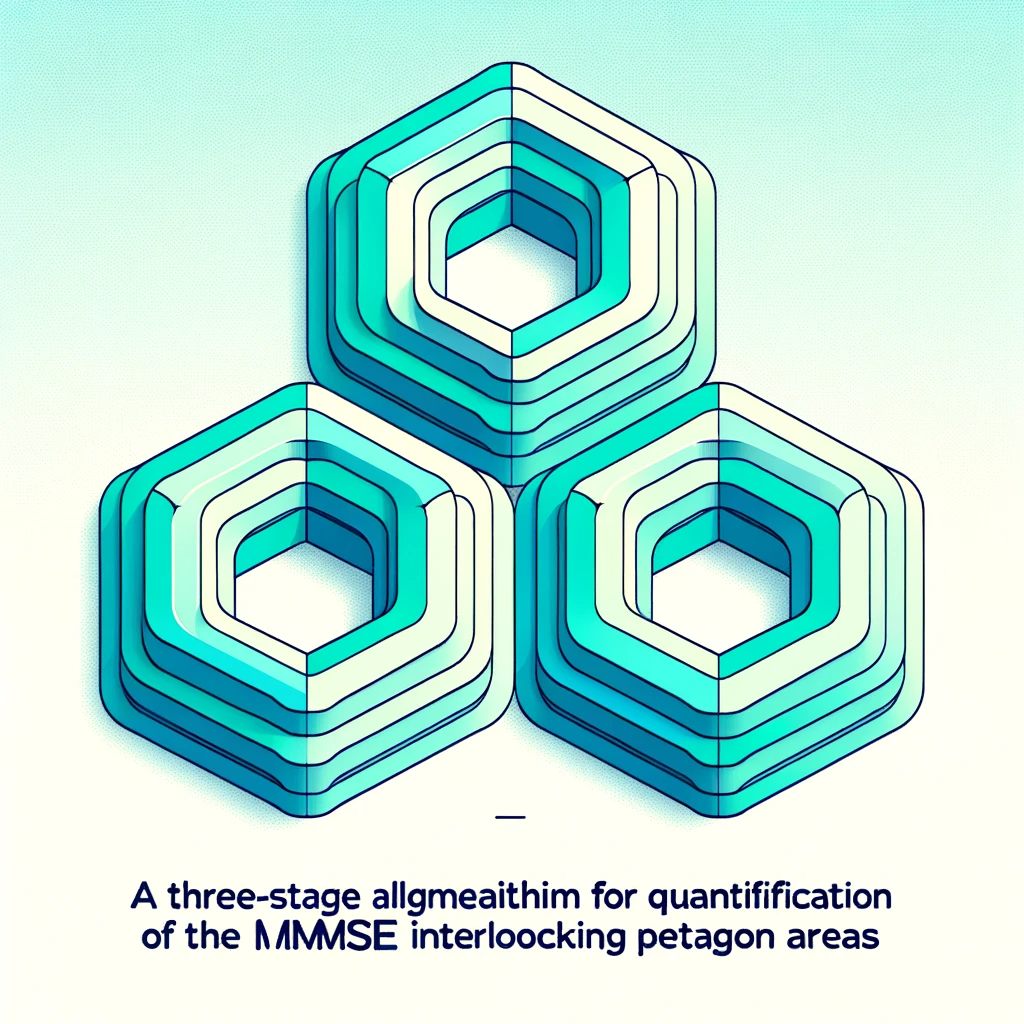 A Three-Stage Algorithm for Quantification of the MMSE Interlocking Pentagon AreasmedRxiv, 2023
A Three-Stage Algorithm for Quantification of the MMSE Interlocking Pentagon AreasmedRxiv, 2023 -
 Associations of cortical SPP1 and ITGAX with cognition and common neuropathologies in older adultsAlzheimer’s & Dementia, 2023TranscriptomeProteome
Associations of cortical SPP1 and ITGAX with cognition and common neuropathologies in older adultsAlzheimer’s & Dementia, 2023TranscriptomeProteome -
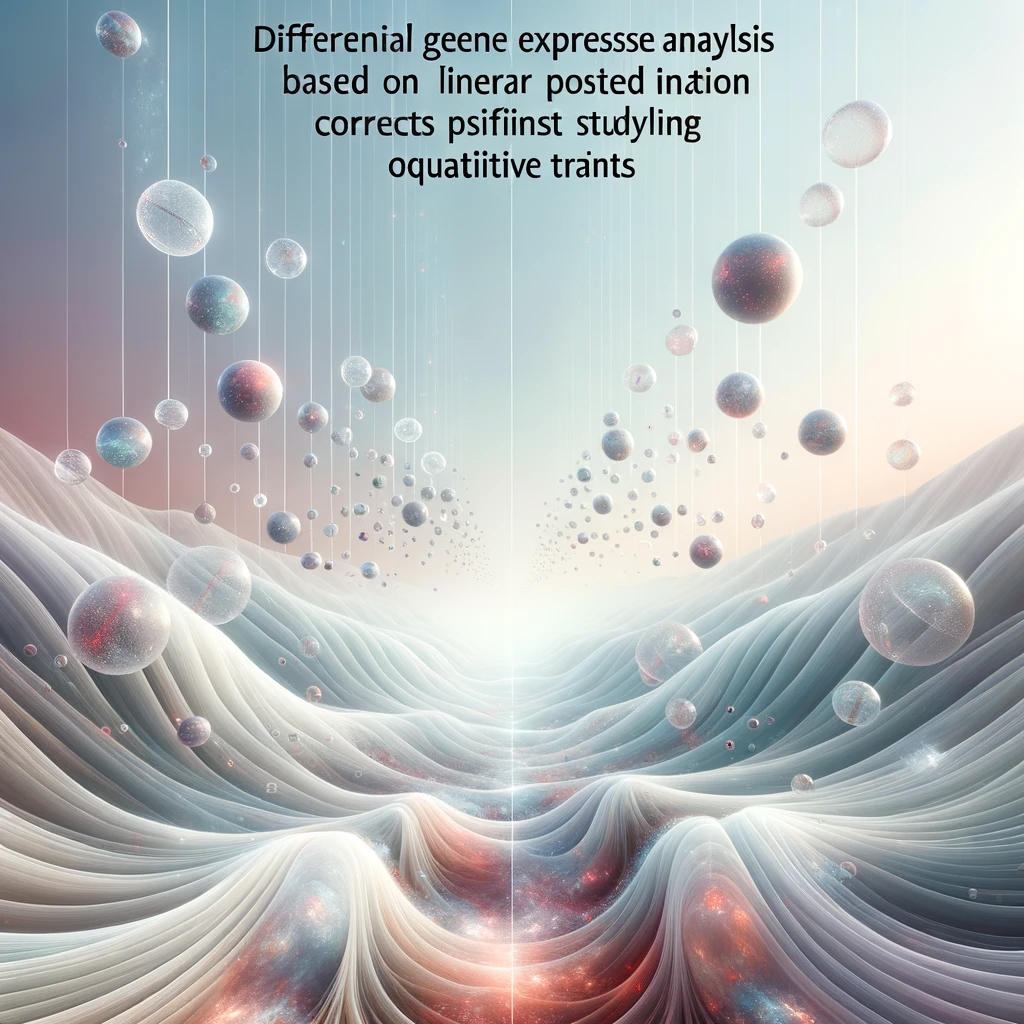 Differential gene expression analysis based on linear mixed model corrects false positive inflation for studying quantitative traitsScientific Reports, 2023Transcriptome
Differential gene expression analysis based on linear mixed model corrects false positive inflation for studying quantitative traitsScientific Reports, 2023Transcriptome -
 Robust, scalable, and informative clustering for diverse biological networksGenome Biology, 2023Transcriptome
Robust, scalable, and informative clustering for diverse biological networksGenome Biology, 2023Transcriptome
2022
-
 Inferring protein expression changes from mRNA in Alzheimer’s dementia using deep neural networksNature Communications, 2022TranscriptomeProteome
Inferring protein expression changes from mRNA in Alzheimer’s dementia using deep neural networksNature Communications, 2022TranscriptomeProteome -
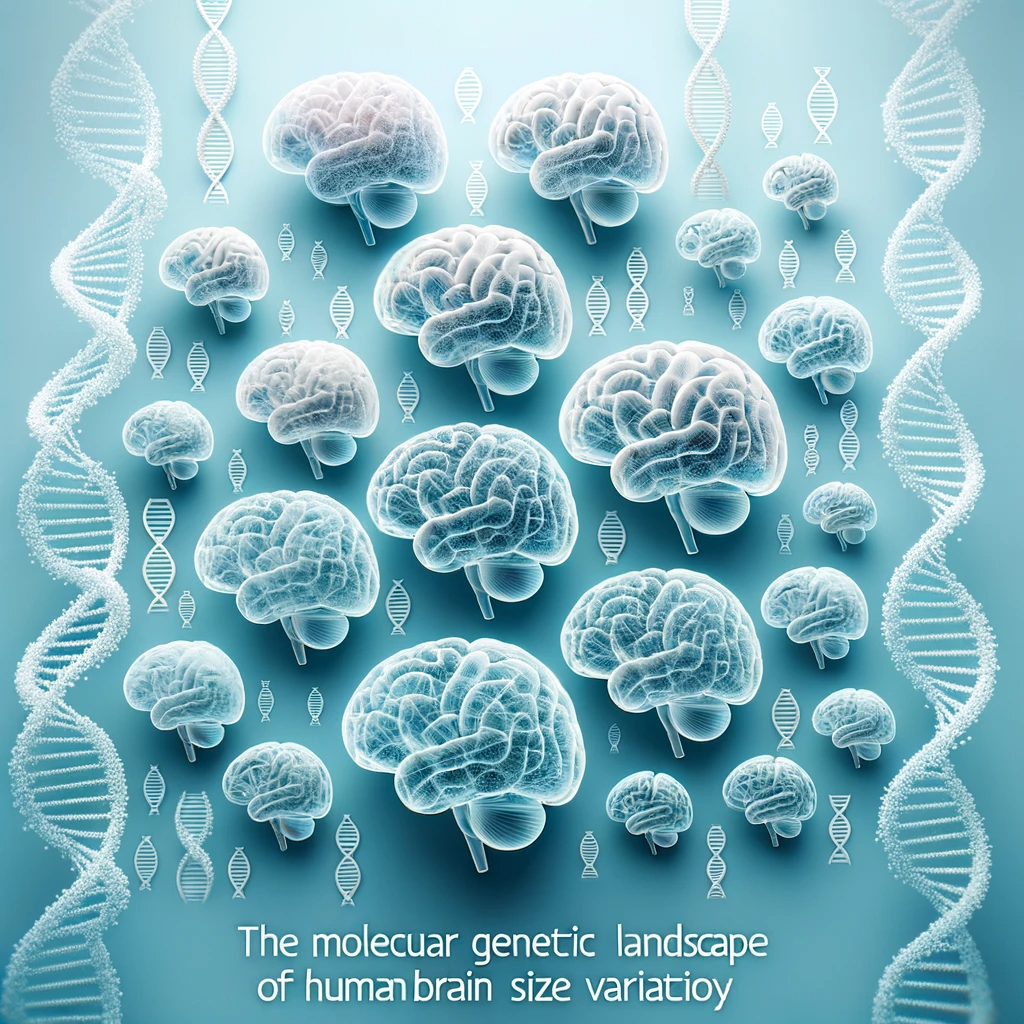 The molecular genetic landscape of human brain size variationbioRxiv, 2022GenomeTranscriptome
The molecular genetic landscape of human brain size variationbioRxiv, 2022GenomeTranscriptome -
 Omnibus proteome-wide association study (PWAS-O) identified 43 risk genes for Alzheimer’s disease dementiamedRxiv, 2022GenomeProteome
Omnibus proteome-wide association study (PWAS-O) identified 43 risk genes for Alzheimer’s disease dementiamedRxiv, 2022GenomeProteome
2021
-
 Cortical proteins may provide motor resilience in older adultsScientific reports, 2021Proteome
Cortical proteins may provide motor resilience in older adultsScientific reports, 2021Proteome -
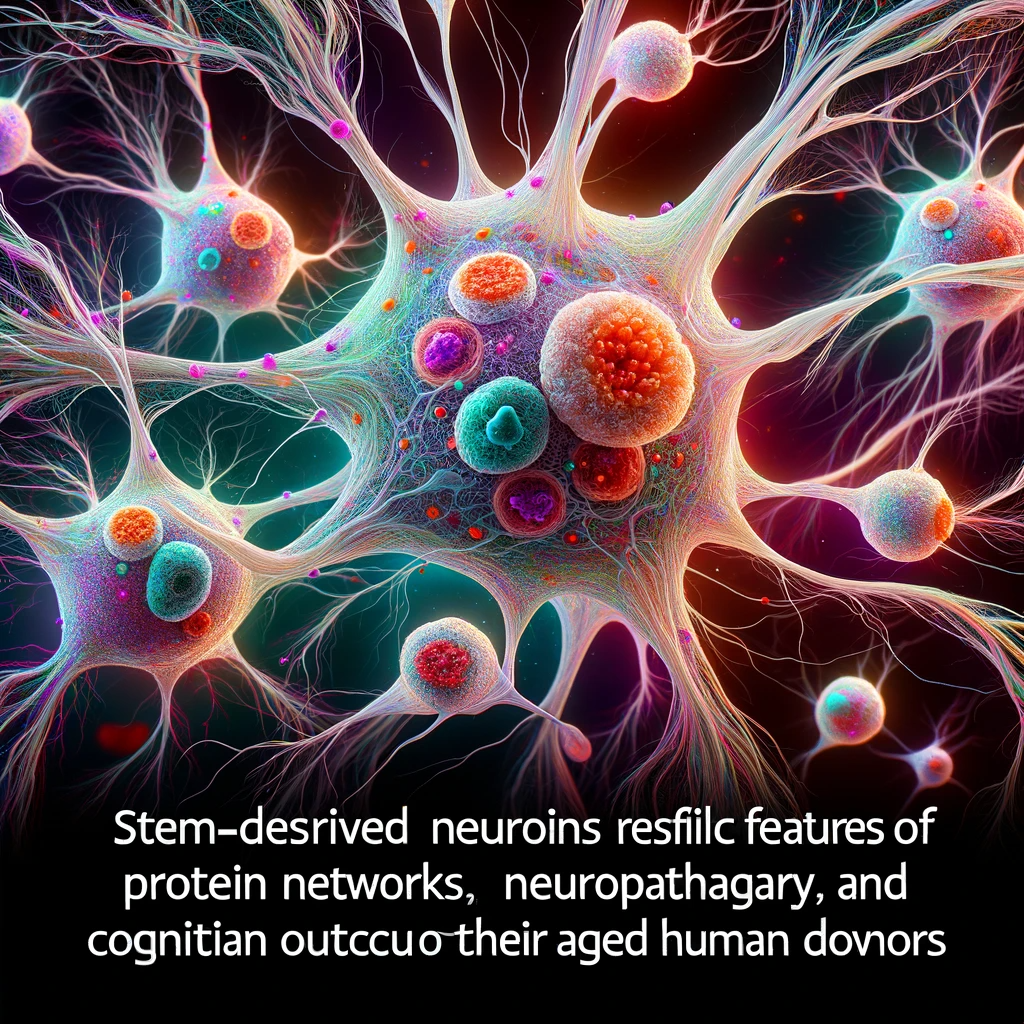 Stem cell-derived neurons reflect features of protein networks, neuropathology, and cognitive outcome of their aged human donorsNeuron, 2021GenomeTranscriptomeProteome
Stem cell-derived neurons reflect features of protein networks, neuropathology, and cognitive outcome of their aged human donorsNeuron, 2021GenomeTranscriptomeProteome -
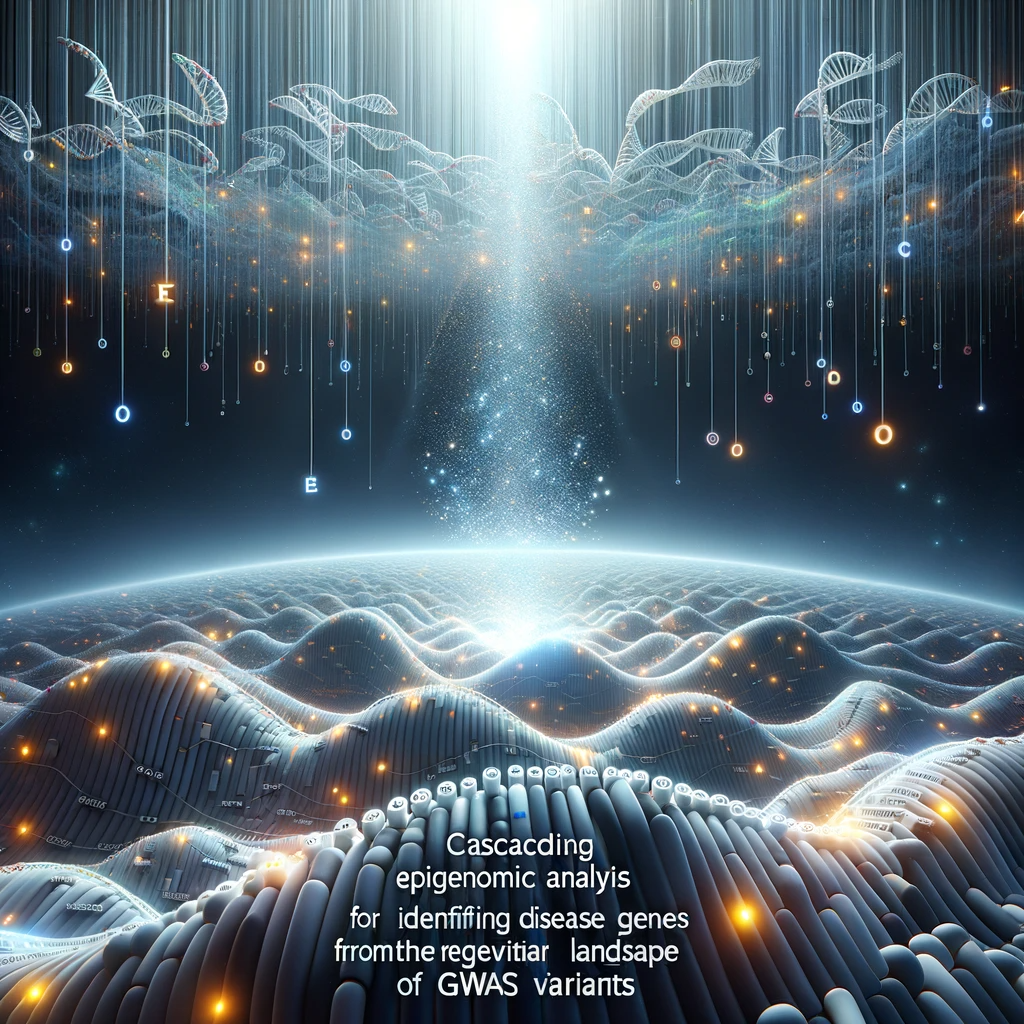 Cascading epigenomic analysis for identifying disease genes from the regulatory landscape of GWAS variantsPLoS Genetics, 2021GenomeTranscriptomeDNA Methylation
Cascading epigenomic analysis for identifying disease genes from the regulatory landscape of GWAS variantsPLoS Genetics, 2021GenomeTranscriptomeDNA Methylation
2020
-
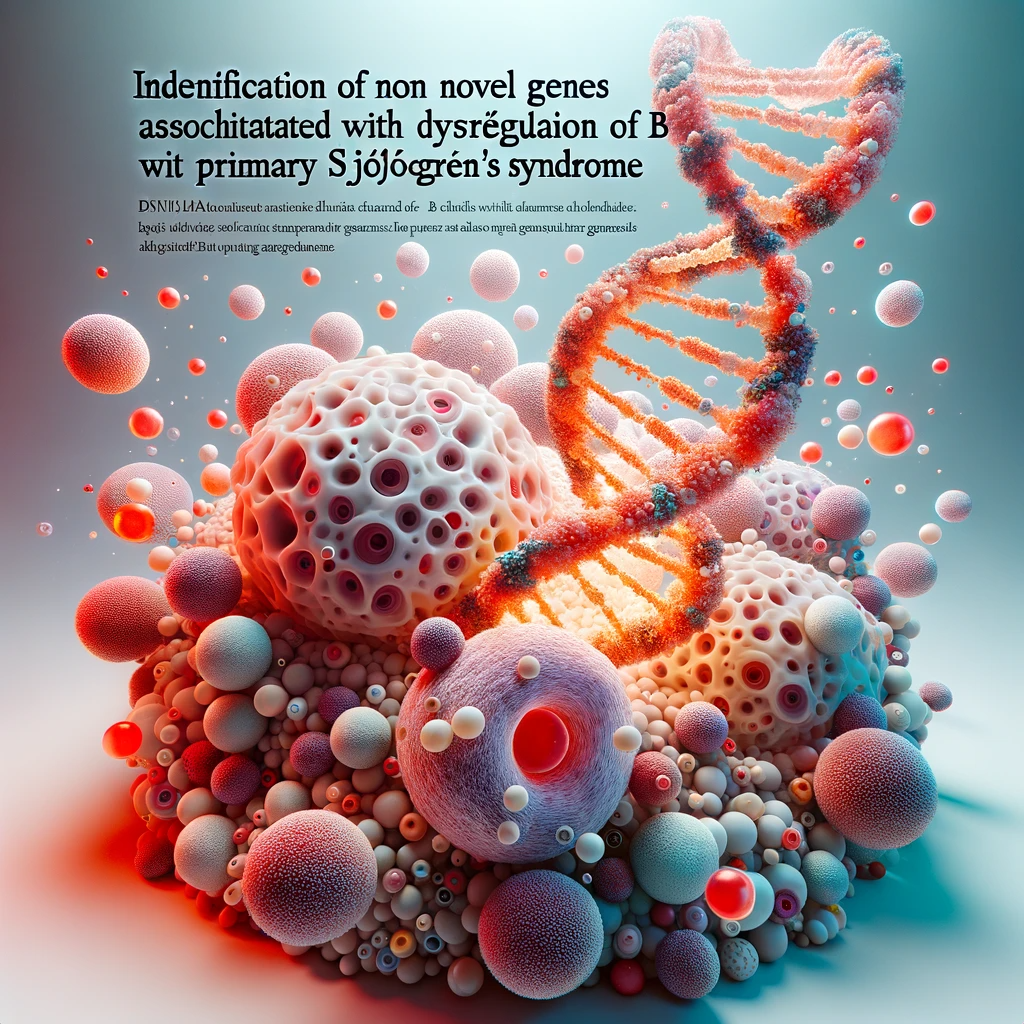 Identification of novel genes associated with dysregulation of B cells in patients with primary Sjögren’s syndromeArthritis Research & Therapy, 2020Transcriptome
Identification of novel genes associated with dysregulation of B cells in patients with primary Sjögren’s syndromeArthritis Research & Therapy, 2020Transcriptome -
 Cortical proteins associated with cognitive resilience in community-dwelling older personsJAMA psychiatry, 2020Proteome
Cortical proteins associated with cognitive resilience in community-dwelling older personsJAMA psychiatry, 2020Proteome -
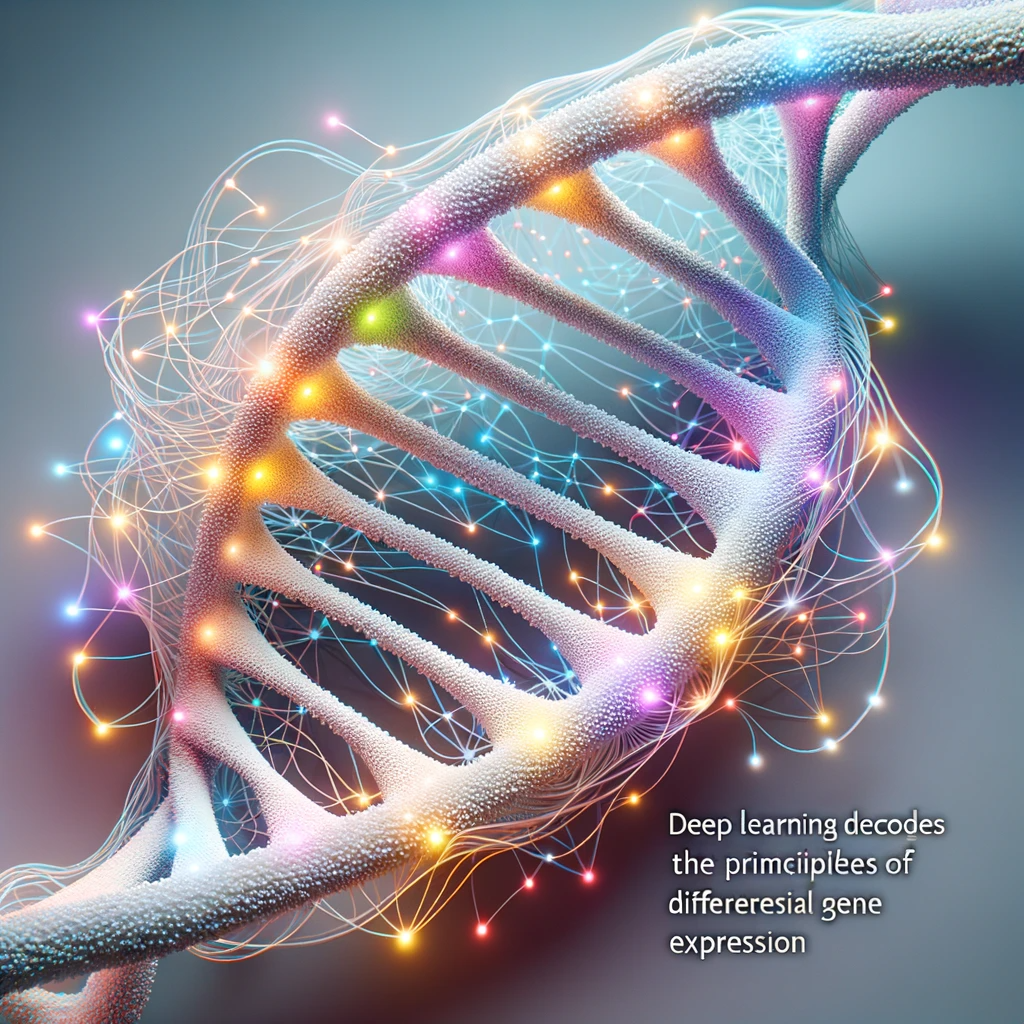 Deep learning decodes the principles of differential gene expressionNature Machine Intelligence, 2020GenomeTranscriptome
Deep learning decodes the principles of differential gene expressionNature Machine Intelligence, 2020GenomeTranscriptome
2019
-
 Gene expression and DNA methylation are extensively coordinated with MRI-based brain microstructural characteristicsBrain imaging and behavior, 2019TranscriptomeDNA Methylation
Gene expression and DNA methylation are extensively coordinated with MRI-based brain microstructural characteristicsBrain imaging and behavior, 2019TranscriptomeDNA Methylation -
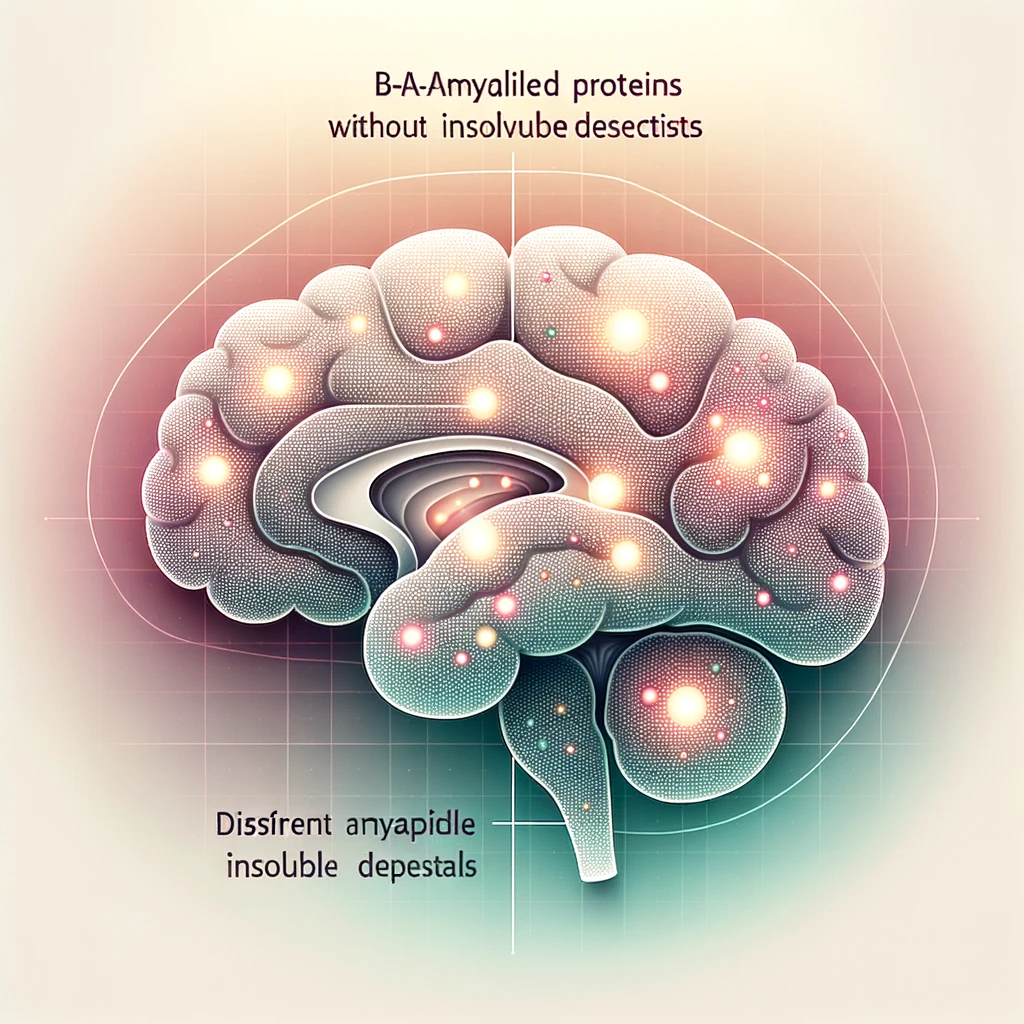 Association of cortical β-amyloid protein in the absence of insoluble deposits with Alzheimer diseaseJAMA neurology, 2019Proteome
Association of cortical β-amyloid protein in the absence of insoluble deposits with Alzheimer diseaseJAMA neurology, 2019Proteome -
 Transgenic mice overexpressing miR-137 in the brain show schizophrenia-associated behavioral deficits and transcriptome profilesPloS one, 2019Transcriptome
Transgenic mice overexpressing miR-137 in the brain show schizophrenia-associated behavioral deficits and transcriptome profilesPloS one, 2019Transcriptome -
 Cognition may link cortical IGFBP5 levels with motor function in older adultsPLoS One, 2019Proteome
Cognition may link cortical IGFBP5 levels with motor function in older adultsPLoS One, 2019Proteome -
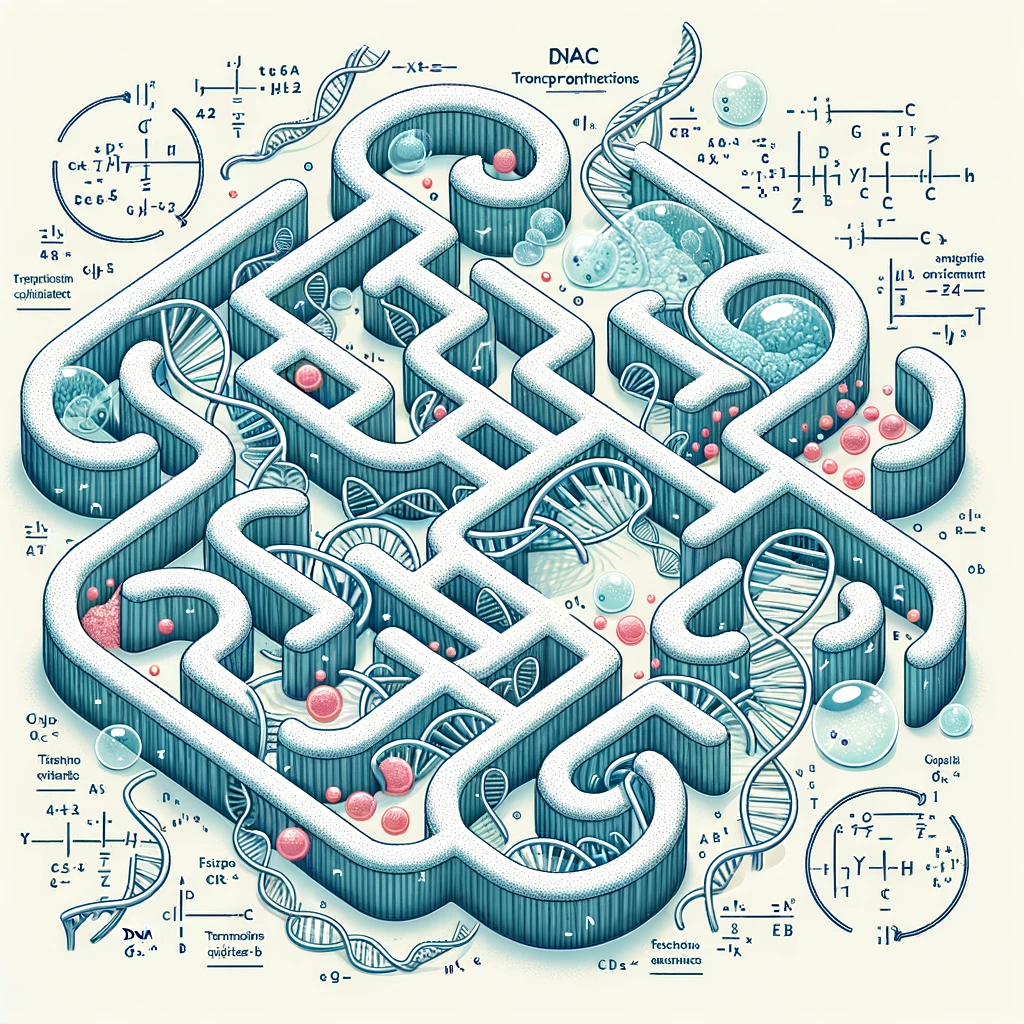 Using transcriptomic hidden variables to infer context-specific genotype effects in the brainThe American Journal of Human Genetics, 2019GenomeTranscriptome
Using transcriptomic hidden variables to infer context-specific genotype effects in the brainThe American Journal of Human Genetics, 2019GenomeTranscriptome -
 Genetic risk for Alzheimer’s dementia predicts motor deficits through multi-omic systems in older adultsTranslational psychiatry, 2019GenomeTranscriptomeDNA MethylationHistone Modifications
Genetic risk for Alzheimer’s dementia predicts motor deficits through multi-omic systems in older adultsTranslational psychiatry, 2019GenomeTranscriptomeDNA MethylationHistone Modifications -
 Sleep fragmentation, microglial aging, and cognitive impairment in adults with and without Alzheimer’s dementiaScience advances, 2019Transcriptome
Sleep fragmentation, microglial aging, and cognitive impairment in adults with and without Alzheimer’s dementiaScience advances, 2019Transcriptome
2018
-
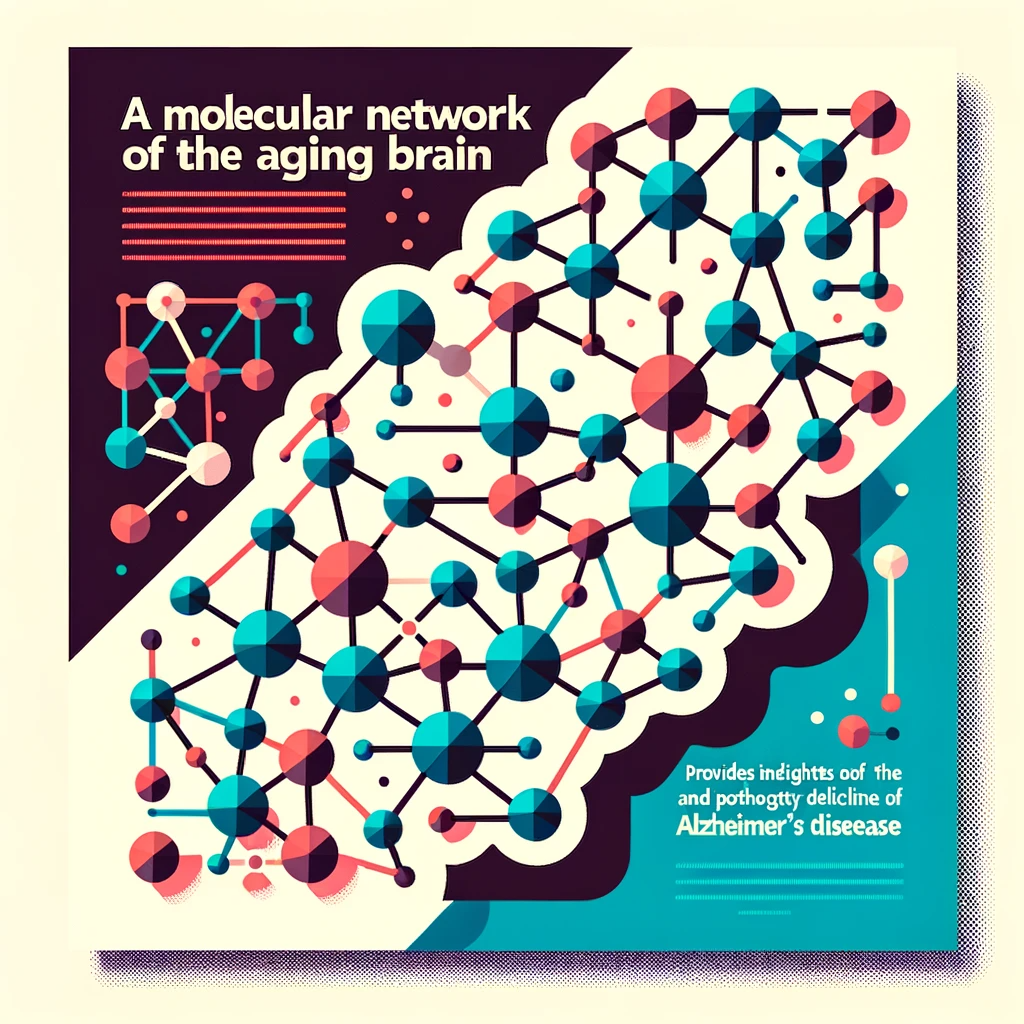 A molecular network of the aging human brain provides insights into the pathology and cognitive decline of Alzheimer’s diseaseNature neuroscience, 2018Transcriptome
A molecular network of the aging human brain provides insights into the pathology and cognitive decline of Alzheimer’s diseaseNature neuroscience, 2018Transcriptome -
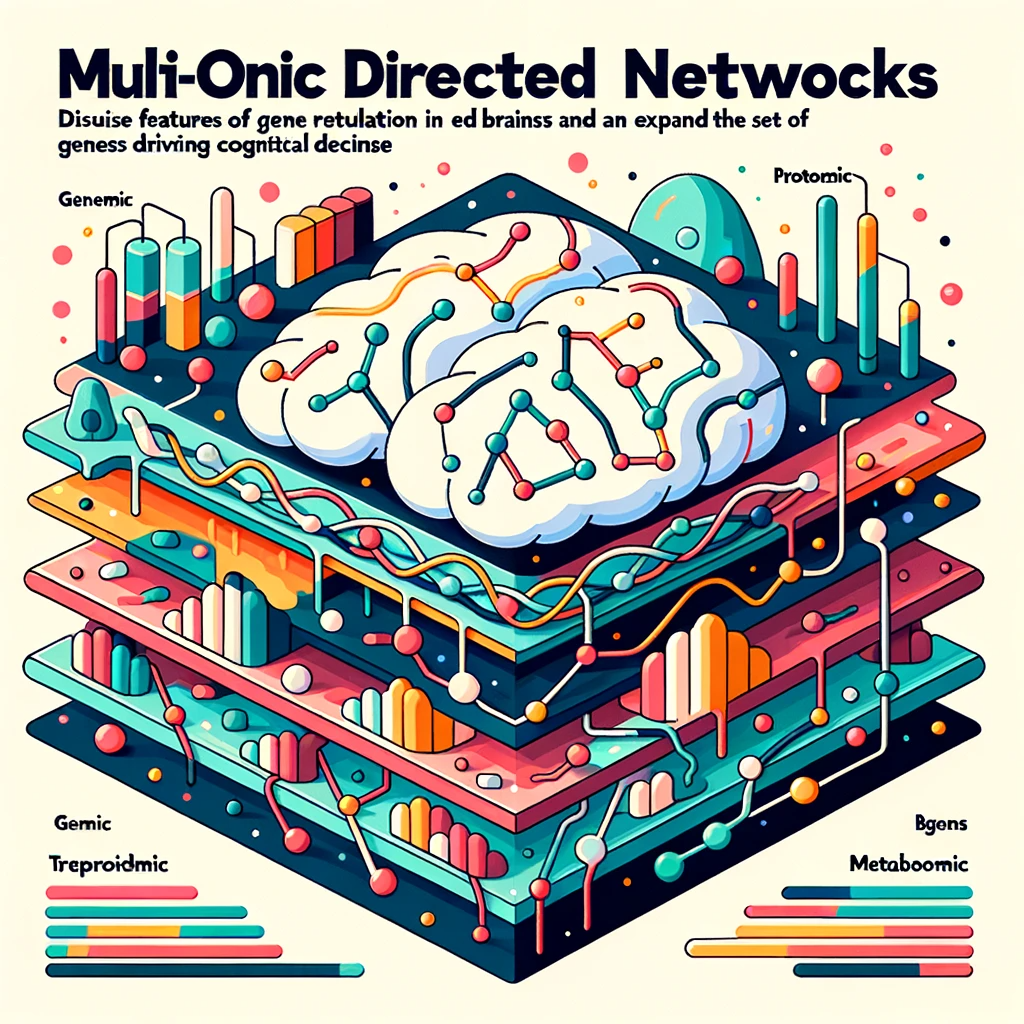 Multi-omic directed networks describe features of gene regulation in aged brains and expand the set of genes driving cognitive declineFrontiers in genetics, 2018GenomeTranscriptomeDNA MethylationHistone Modifications
Multi-omic directed networks describe features of gene regulation in aged brains and expand the set of genes driving cognitive declineFrontiers in genetics, 2018GenomeTranscriptomeDNA MethylationHistone Modifications -
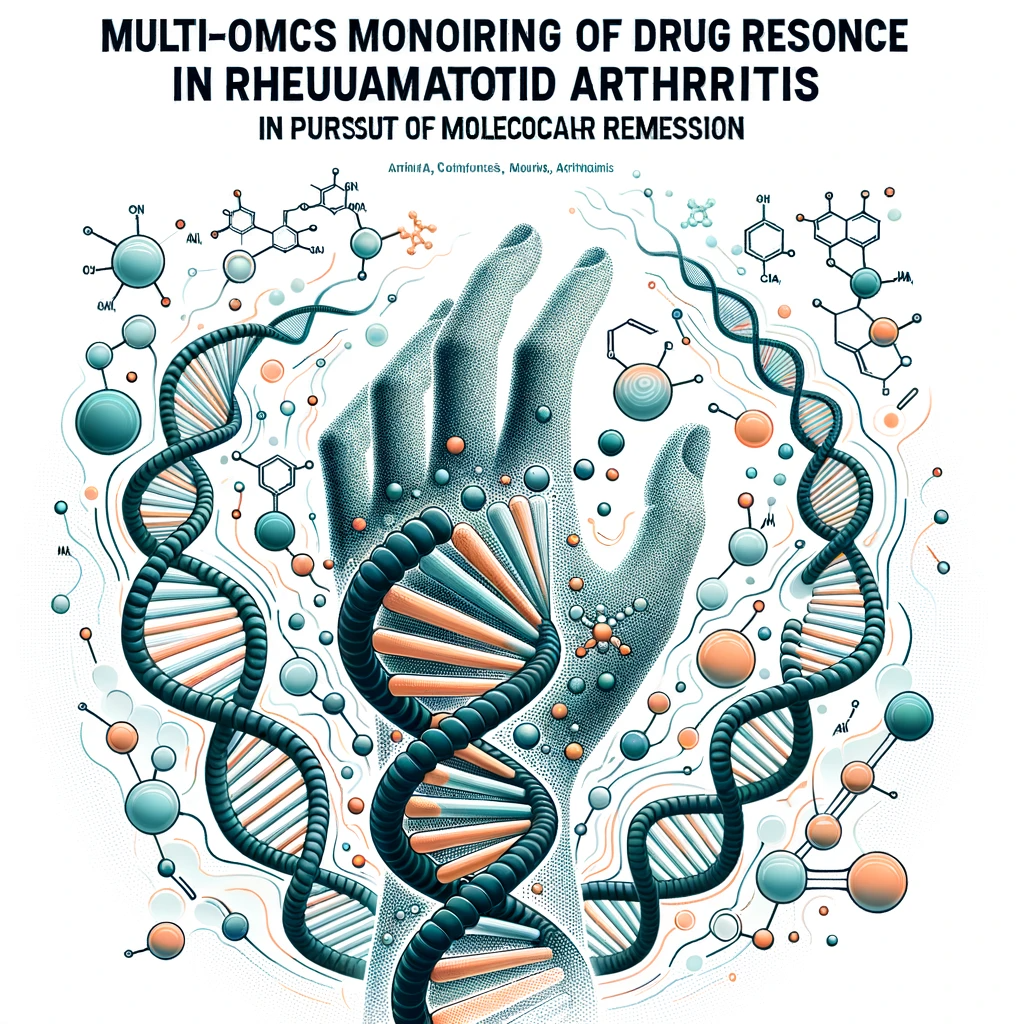 Multi-omics monitoring of drug response in rheumatoid arthritis in pursuit of molecular remissionNature communications, 2018TranscriptomeProteome
Multi-omics monitoring of drug response in rheumatoid arthritis in pursuit of molecular remissionNature communications, 2018TranscriptomeProteome -
 Seasonal plasticity of cognition and related biological measures in adults with and without Alzheimer disease: Analysis of multiple cohortsPLoS medicine, 2018Transcriptome
Seasonal plasticity of cognition and related biological measures in adults with and without Alzheimer disease: Analysis of multiple cohortsPLoS medicine, 2018Transcriptome -
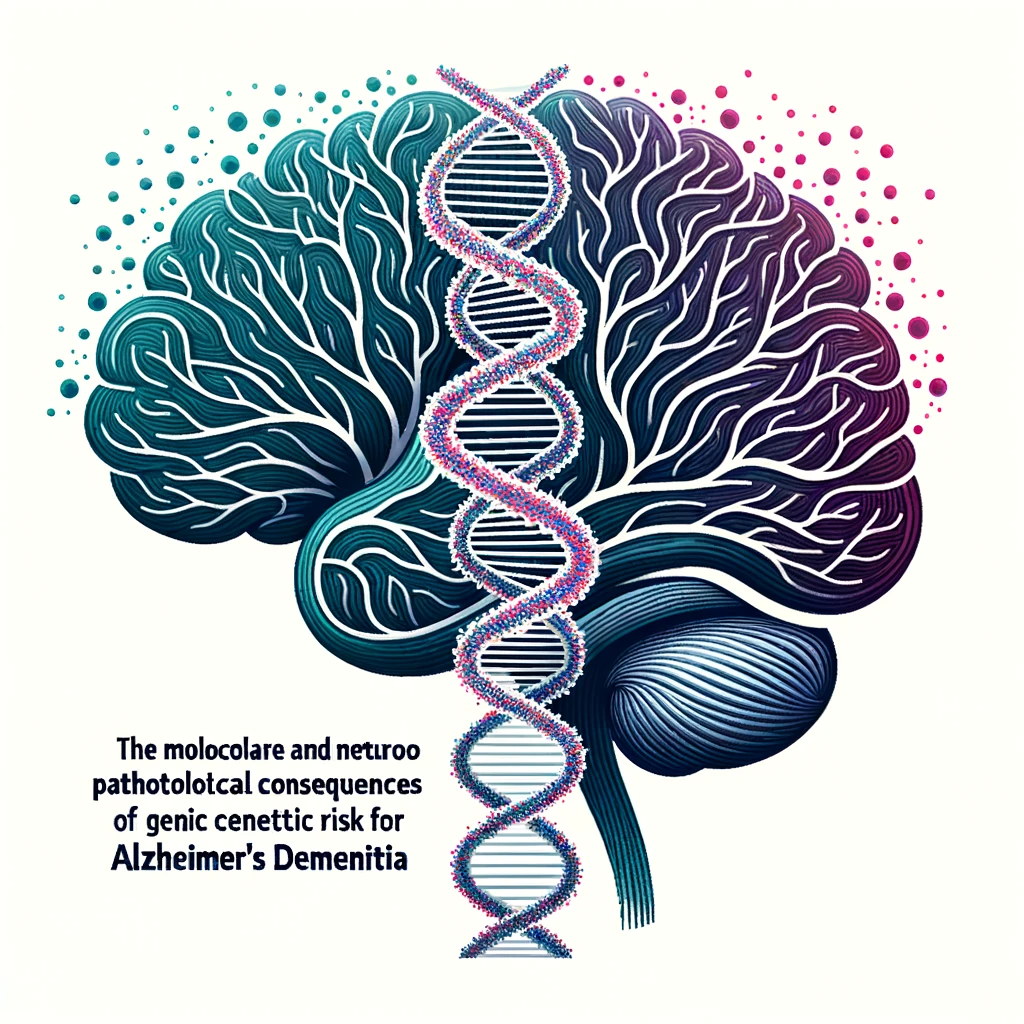 The molecular and neuropathological consequences of genetic risk for Alzheimer’s dementiaFrontiers in neuroscience, 2018GenomeTranscriptomeProteomeDNA MethylationHistone Modifications
The molecular and neuropathological consequences of genetic risk for Alzheimer’s dementiaFrontiers in neuroscience, 2018GenomeTranscriptomeProteomeDNA MethylationHistone Modifications
2017
-
 CLK-dependent exon recognition and conjoined gene formation revealed with a novel small molecule inhibitorNature Communications, 2017Transcriptome
CLK-dependent exon recognition and conjoined gene formation revealed with a novel small molecule inhibitorNature Communications, 2017Transcriptome -
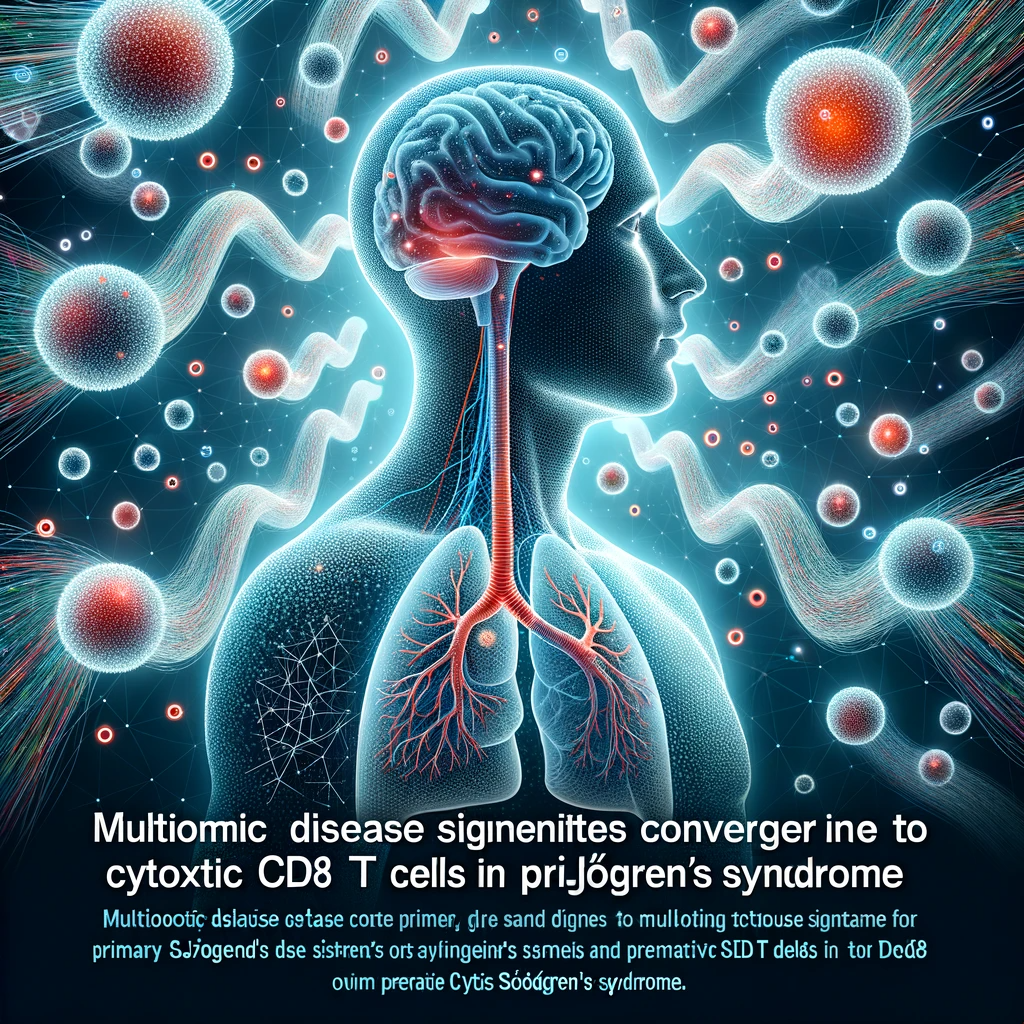 Multiomic disease signatures converge to cytotoxic CD8 T cells in primary Sjögren’s syndromeAnnals of the Rheumatic Diseases, 2017GenomeTranscriptomeProteome
Multiomic disease signatures converge to cytotoxic CD8 T cells in primary Sjögren’s syndromeAnnals of the Rheumatic Diseases, 2017GenomeTranscriptomeProteome
2015
-
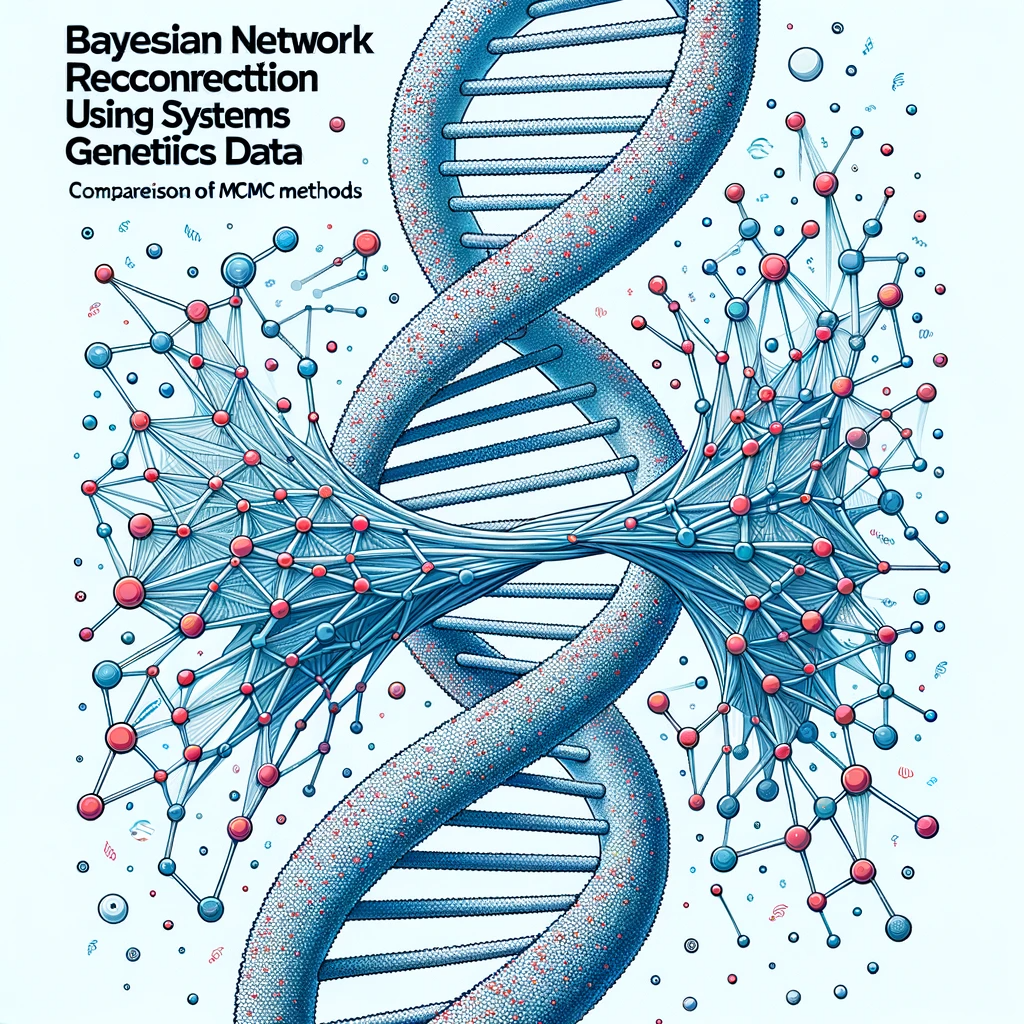 Bayesian network reconstruction using systems genetics data: comparison of MCMC methodsGenetics, 2015GenomeTranscriptome
Bayesian network reconstruction using systems genetics data: comparison of MCMC methodsGenetics, 2015GenomeTranscriptome
2012
-
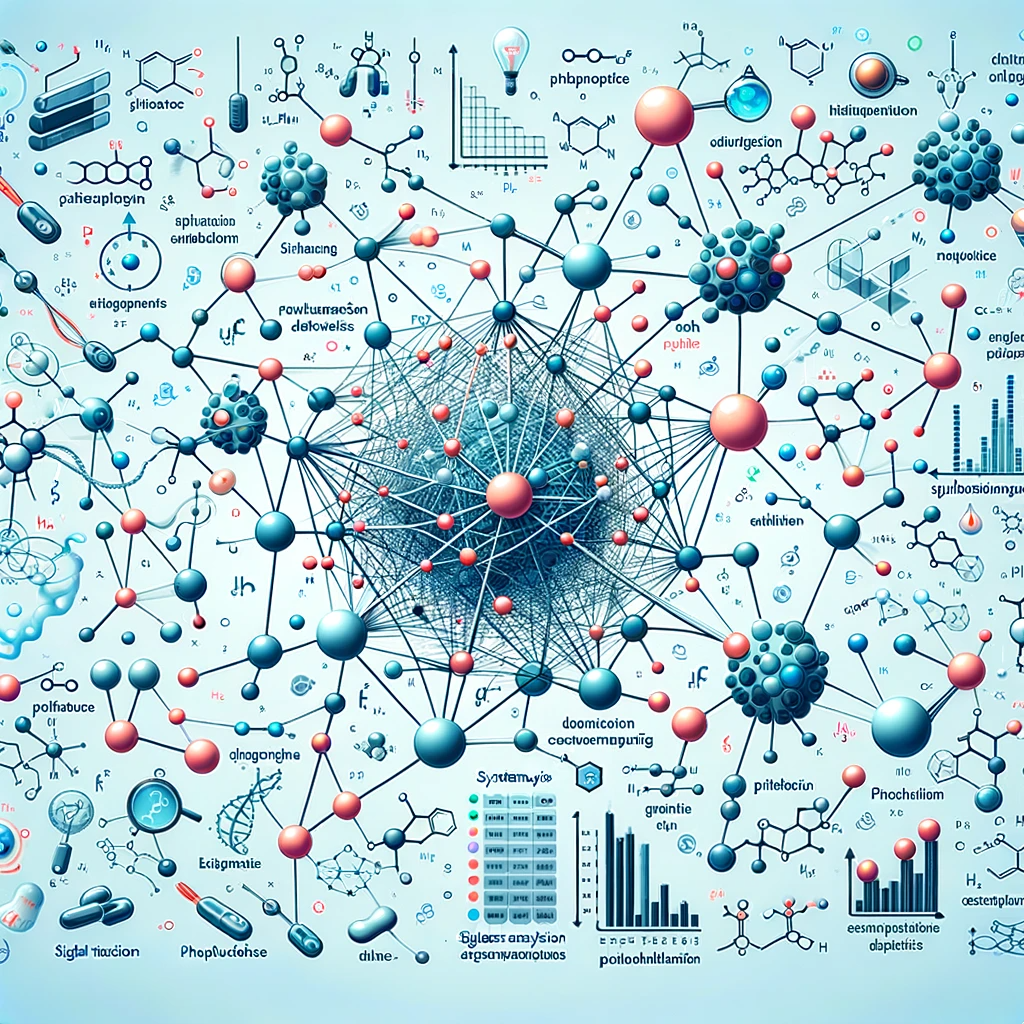 Phosphoproteome-based systems analysis of signal transduction networksFrontiers in Physiology, 2012Phosphoproteome
Phosphoproteome-based systems analysis of signal transduction networksFrontiers in Physiology, 2012Phosphoproteome
2010
-
 Phosphoproteome-based modeling defines the regulatory mechanism underlying aberrant EGFR signalingPloS one, 2010Phosphoproteome
Phosphoproteome-based modeling defines the regulatory mechanism underlying aberrant EGFR signalingPloS one, 2010Phosphoproteome -
 Tyrosine-Phosphoproteome DynamicsSystems Biology for Signaling Networks, 2010Phosphoproteome
Tyrosine-Phosphoproteome DynamicsSystems Biology for Signaling Networks, 2010Phosphoproteome
2009
-
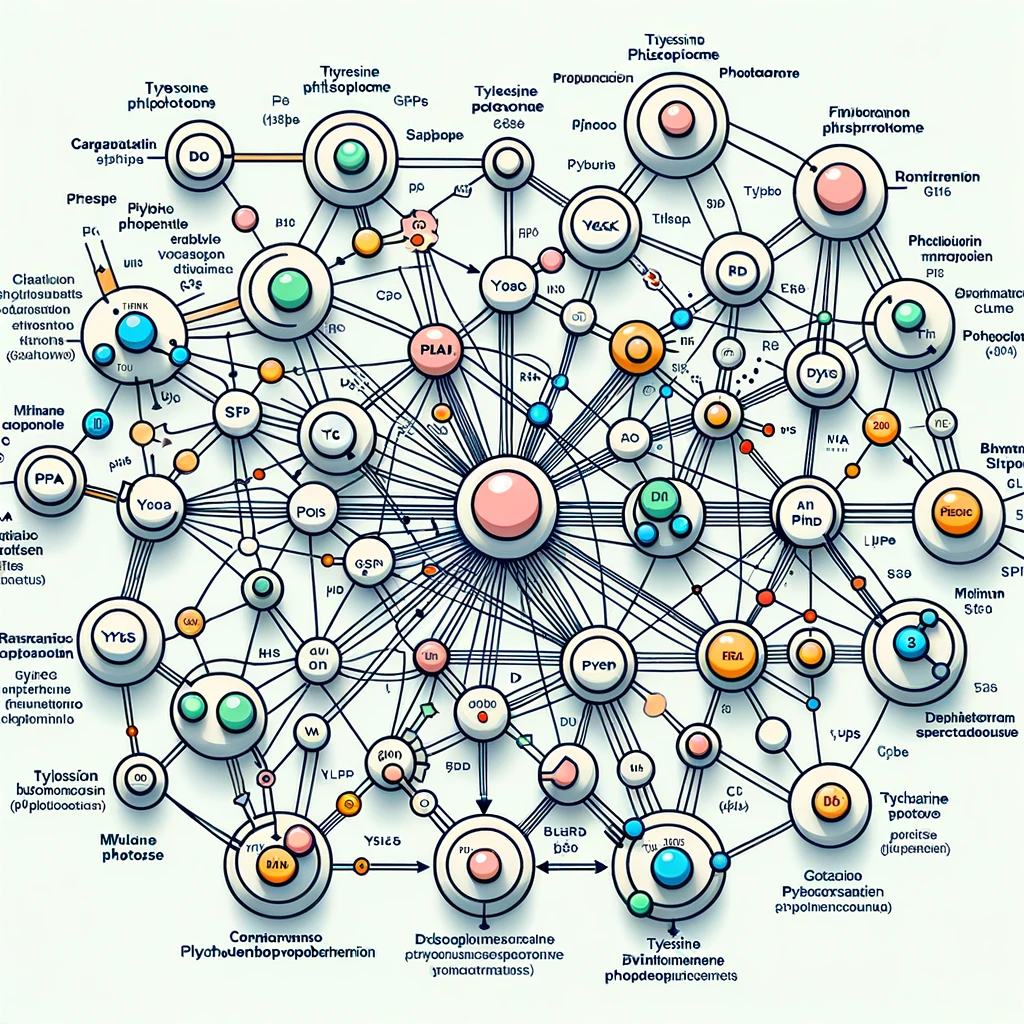 Temporal perturbation of tyrosine phosphoproteome dynamics reveals the system-wide regulatory networksMolecular & Cellular Proteomics, 2009Phosphoproteome
Temporal perturbation of tyrosine phosphoproteome dynamics reveals the system-wide regulatory networksMolecular & Cellular Proteomics, 2009Phosphoproteome
2006
-
 Modeling and estimation of dynamic EGFR pathway by data assimilation approach using time series proteomic dataGenome Informatics, 2006Phosphoproteome
Modeling and estimation of dynamic EGFR pathway by data assimilation approach using time series proteomic dataGenome Informatics, 2006Phosphoproteome -
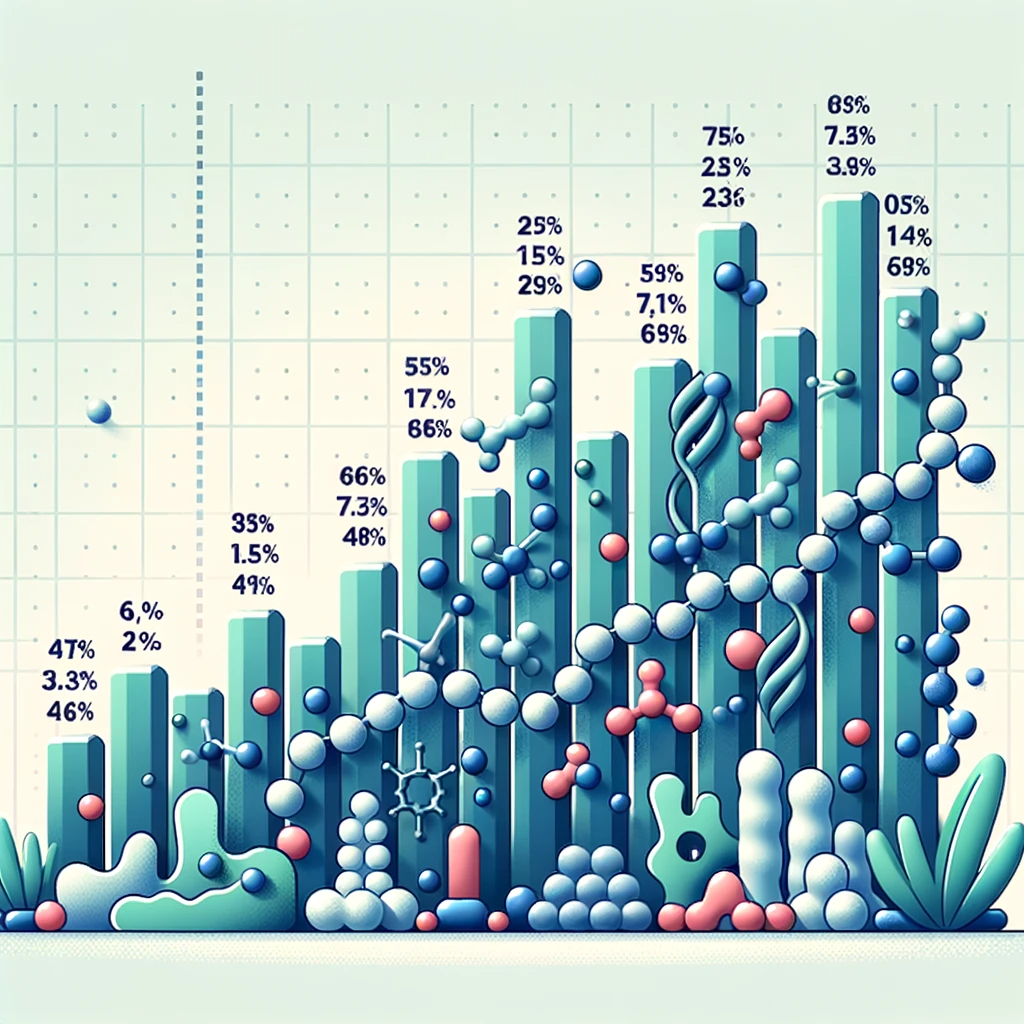 High-throughput temporal analysis of phosphotyrosine-dependent signaling networks by gel-free quantitative proteomicsIn MOLECULAR & CELLULAR PROTEOMICS, 2006Phosphoproteome
High-throughput temporal analysis of phosphotyrosine-dependent signaling networks by gel-free quantitative proteomicsIn MOLECULAR & CELLULAR PROTEOMICS, 2006Phosphoproteome